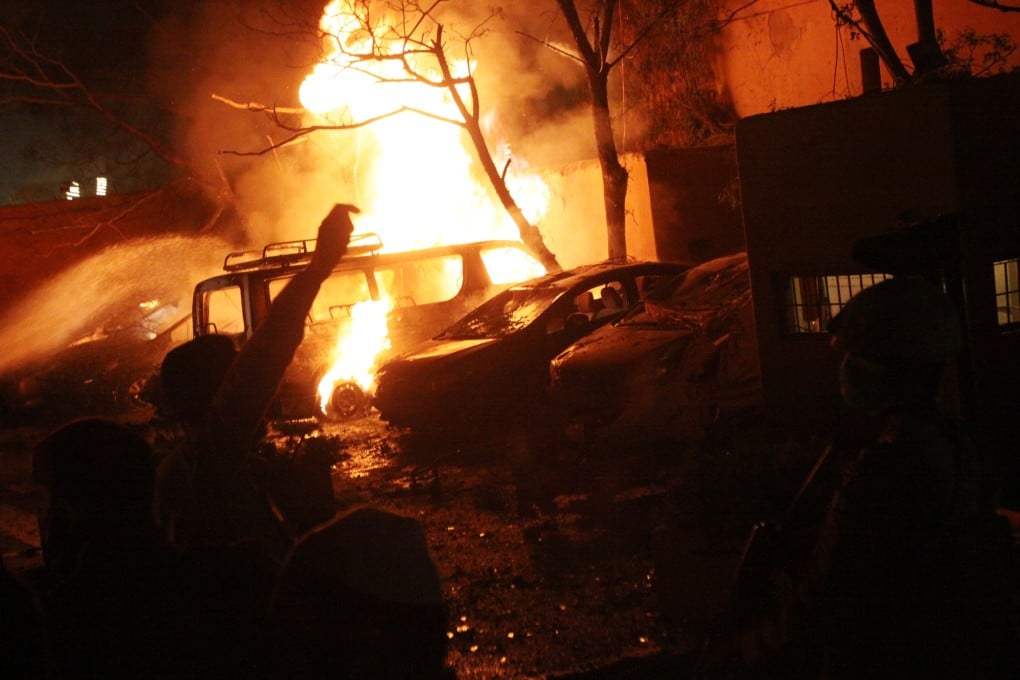Opinion | Afghan retreat: why Pakistan must not agree to a US military base in Balochistan
- A US base will be deeply unpopular in Pakistan and stress ties with its neighbours. Critically, it will produce a new generation of militants in Pakistan

After the media leaked news of secret military base negotiations, Washington said the talks are deadlocked, while Islamabad portrayed the impasse as a “no”.
Yet Pakistan has a history of covertly giving military bases to the US. It denied giving the Peshawar Badaber airbase to the US in the 1960s until Russia shot down a US surveillance plane that took off from it.
It also denied giving the US the Shamsi airbase until the 2011 Nato attack in a US-led clash killed 24 Pakistani soldiers, and an unhappy Pakistan expelled US forces from Shamsi. Given this history, few are taking Pakistan’s denial seriously.
Giving the US a military base in the southwestern Balochistan province will have far-reaching political, diplomatic and security implications for Pakistan.

